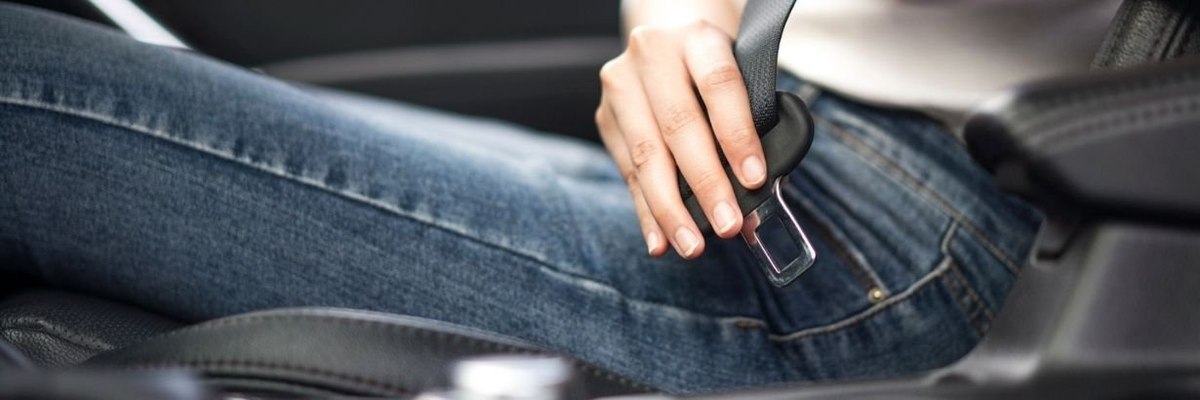
US/GB: Who’s to blame when a self-driving car crashes?
The Law Commission of England and Wales and the Scottish Law Commission have proposed that legal protections be introduced for the owners of self-driving cars in case anything goes wrong while they’re using the vehicle. Over in the United States, Tesla has been subject to criticism for accidents that have occurred while its driverless cars have been in autonomous mode – though CEO Elon Musk expects them to be safer than human-driven cars in the next few years.
Ask Britons and Americans whether they think the company or the person in control are responsible for accidents that occur in a self-driving car’s autonomous mode, and you’ll get different responses. Nearly half of Americans think it’s the responsibility of the controller (46%), while two in five (40%) lay the blame squarely at the feet of the company that designed the vehicle.
Britons are substantially less likely to say the person in control of the car is responsible, with less than two in five (37%) assigning responsibility to individuals. That said, they’re only slightly less likely to say that the company that made the car should be held responsible. A higher proportion of British respondents responded “don’t know” (23% vs. 12%), which may reflect the fact that this is an emerging technology – one that isn’t street legal in many markets – and suggests that opinions could change in either direction over time.
Methodology
GB results taken from YouGov's Daily poll on January 26.
YouGov polled 2,000 US adults online on January 27/28 between 14:36pm and 01:03am. The survey was carried out through YouGov Direct. Data is weighted by age, gender, education level, political affiliation, and ethnicity. Results are nationally representative of adults in the United States. Learn more about YouGov Direct.